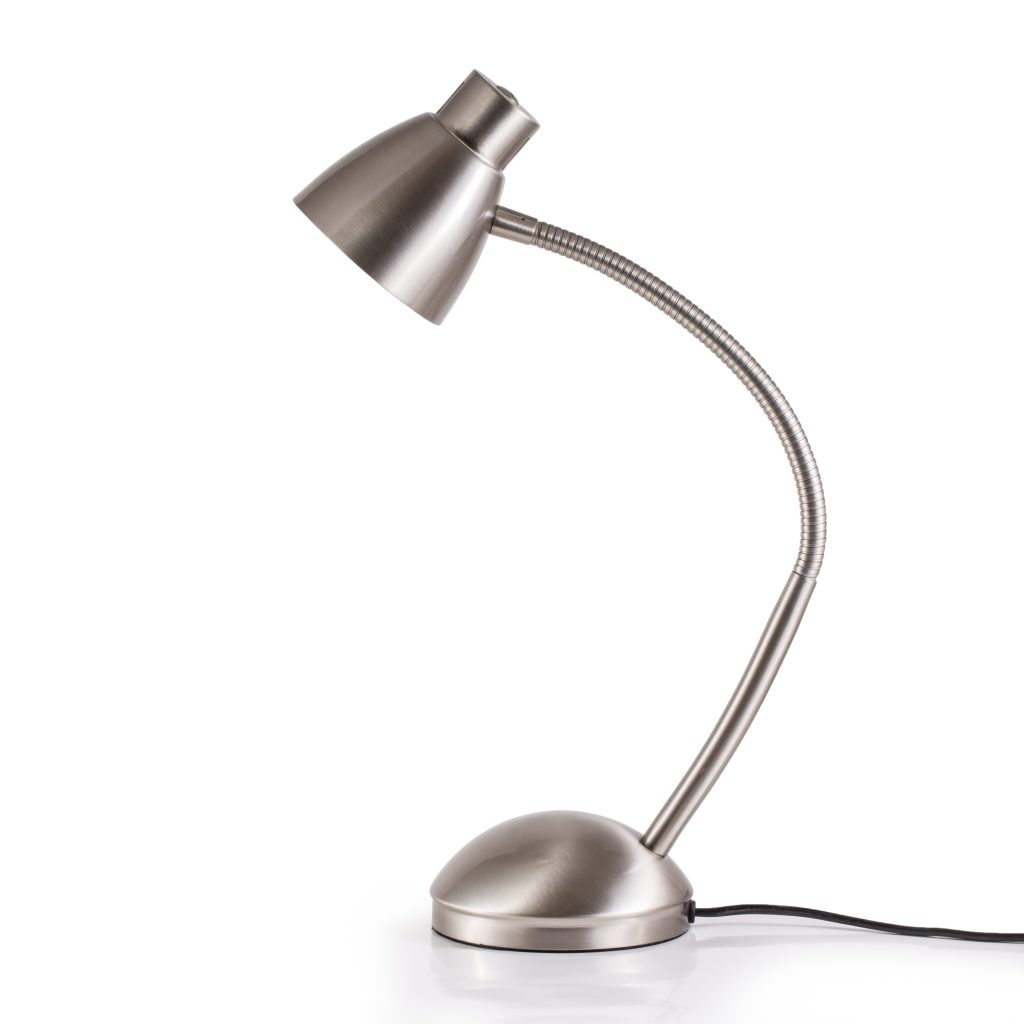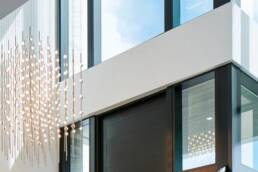About Sundial Lighting
Sundial Lighting is a leading supplier of light fixtures in the Okanagan Valley. We supply lighting fixtures to residential and commercial builders in Revelstoke, Salmon Arm, Enderby, Armstrong, Vernon, Lake Country, Kelowna, West Kelowna, Summerland, Peachland, Penticton, Oliver, Osoyoos and Keremeos. We have been a major regional lighting store since 1975 and have two Lighting showrooms in Vernon and Penticton. Our experience in the residential and commercial lighting industry is led by our Lighting Consultants who are experts at finding the right lighting fixtures for your budget.
If you are renovating your home or looking for new lighting fixtures to brighten up an existing room visit one of our showrooms or give us a call to book an appointment. You won’t be disappointed in the selection you find and our knowledgeable staff can help you find the perfect CSA approved light for your needs.
If you are in the Trades and would like to open a commercial account at Sundial Lighting please contact us or call to set up an account. We offer a comprehensive Lighting Service for builders and electricians and work closely to align with construction schedules and budgets.




